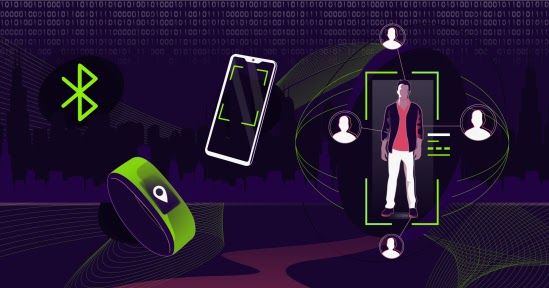Jun 27, 2020
Sidewalk Labs plans to spin out more smart city companies
Posted by Gemechu Taye in categories: biotech/medical, robotics/AI
Alphabet’s Sidewalk Labs plans to spin out some of its smart city ideas into separate companies, CEO Daniel Doctoroff said today at Collision from Home conference. Doctoroff listed three potential companies: mass timber construction, affordable electrification sans fossil fuels, and planning tools optimized with machine learning and computation design.
Last month, Sidewalk Labs killed its Toronto smart city project, which envisioned raincoats designed for buildings, heated pavement, and object-classifying cameras. Privacy advocates celebrated that the Google sister company would not be getting invasive power to surveil residents. But as I argued in my column that week, the story was far from over. Sidewalk Labs was using the COVID-19 pandemic as a scapegoat for the Toronto project, but the company wouldn’t stay idle.


















